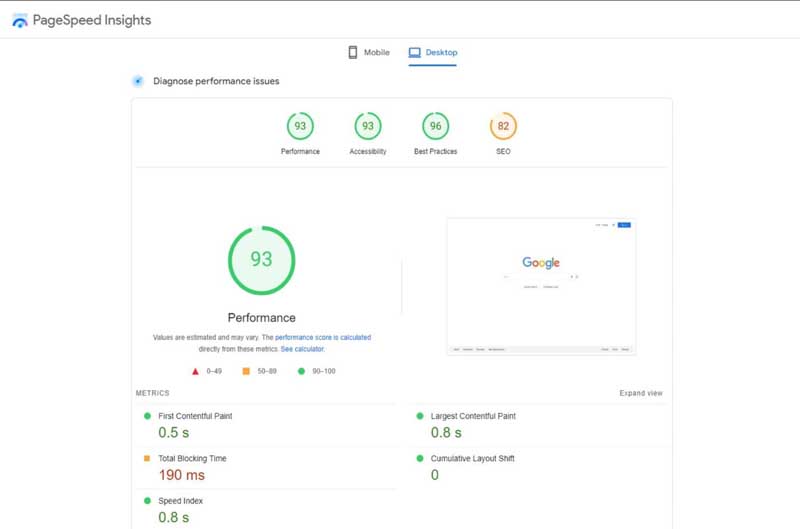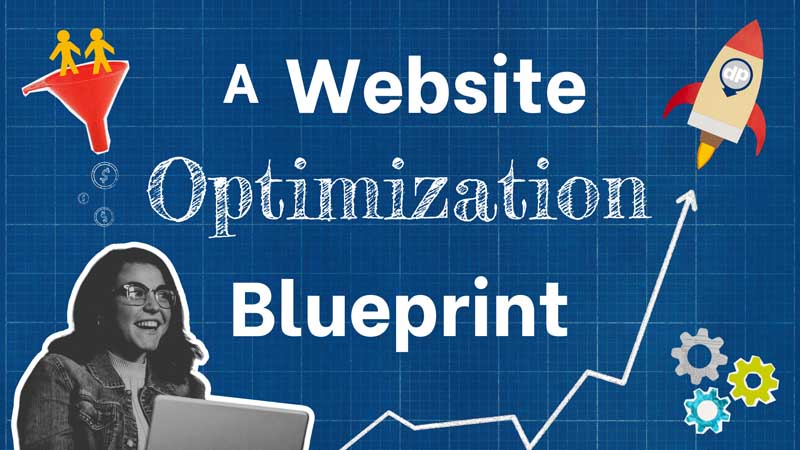Updated: May 2, 2024
In today’s digital world, your website is a pivotal asset that can drive your business growth. However, merely setting up a website and hoping for the best is not enough. To truly leverage your website’s potential, you need to optimize it for search engines. This involves a series of steps that enhance your website’s performance and visibility. While these steps provide a solid foundation, they are just the beginning. There are numerous additional actions you can take to further improve your website’s performance and visibility.

Addressing Technical Issues on Your Site
Technical issues can significantly impact your site’s traffic and search engine rankings. Search engines prioritize user experience, and technical glitches can detract from this, making your business appear less professional than those with high-quality websites.

Here are a few common issues to look out for:
- User Interaction Issues: Any issues with how users interact with your site should be apparent by simply visiting your site and interacting with it. Look for text that’s hard to read, images that might cover text, cutoff or stretched/distorted images, buttons that don’t work, etc. If you’re running your own site through a CMS, these issues can be fixed there.
- Multiple Versions of Pages: If you have multiple versions of pages on your site, especially your homepage, this can be problematic. Check common variations of your URL: www.yoursite.com, http://yoursite.com, http://www.yoursite.com, http://yoursite.com/index, etc. If you find that you are running into this issue, then set up alternate pages to redirect to the correct URL.
- Customize Your Error 404 Page: You can find what your error page looks like by searching for a page that doesn’t exist on your domain. Then create a custom error 404 page and set up a redirect to it. This will ensure that even if users encounter any issues that lead them to an error page with your site, it will still be a better experience than a generic error page.
Optimizing Your Load Time

A slow site load time can significantly impact user experience and site interaction. The most commonly used sites generally have fast load times, and because of this, people expect sites of quality businesses to be fast. For every second slower that your landing page takes to load, your bounce rate increases by a significant amount. Google offers a tool to help increase your speed: PageSpeed Insights.
Expanding Your Site Size

The more content and points of interaction that enhance the user experience, the better your site will perform. This could come in the form of blogs, videos, lists, infographics, webinars, etc. Increasing the amount of content and the number of pages on your site increases the likelihood of your site ranking well on search. It’s important that this content be highly engaging to grab people’s attention and keep them on your site. Creating lots of high-quality content is challenging but well worth the effort. When creating content, it’s vital to know who you’re making the content for. Knowing your audience will help you create content that keeps people engaged on your site. Your audience will determine what kind of content will perform well. For example, blogs may grab the attention of a certain demographic more so than others. It’s a good idea to develop a content creation strategy and calendar.
Implementing SEO Best Practices

Search Engine Optimization (SEO) is a crucial aspect of website optimization. It involves using targeted keywords in your content, meta descriptions, and title tags. This makes it easier for search engines to understand what your website is about, thereby improving your visibility in search results. Regularly updating your website with fresh, relevant content can also boost your SEO efforts. Remember to use alt tags for images and ensure that your website is mobile-friendly, as more and more users are accessing websites from their mobile devices.
Monitoring Your Website’s Performance

Regularly monitoring your website’s performance can help you identify areas that need improvement. Tools like Google Analytics can provide valuable insights into your website’s traffic, user behavior, and more. This data can guide your optimization efforts and help you make informed decisions about your website’s design and content.
By taking these simple steps, you should see an increase in traffic to your site. However, this is just the beginning. There are many more things you can do to improve your rankings, both technical and non-technical. The actions laid out here will give your site a great start.
Want Professional Assistance?
At Direct Placement, we specialize in helping businesses optimize their websites for search engine success. Our team of experts can guide you through these steps and more, ensuring that your website is fully optimized and ready to drive growth for your business. Contact us today to learn more about our services and how we can help you achieve your digital marketing goals.

Direct Placement, LLC is a digital marketing agency that offers a variety of digital ads and services. Our team of trained and certified account managers and internet marketing advertisers are dedicated to helping your business achieve its advertising goals. Your personal account manager will work diligently with you to help ensure our advertising efforts are tailored to your specific needs.
Take your business to the next level with Direct Placement, your trusted digital marketing ally. As a Google Partner – and your marketing expert – we’ll boost your brand’s visibility and ensure your ads can be easily found on the front page of Google and other search engines. Contact us today or visit our website to discover how we can transform your business one click at a time! You can also follow us on Facebook, LinkedIn, and Blogger for more online marketing related content.

